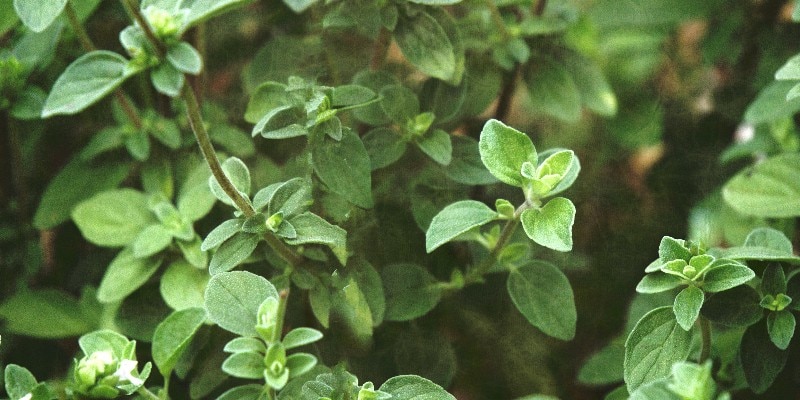by Melissa Chichester
Did you know that scientists estimate there are approximately 390,900 species of plants on the planet? And that only includes the plants known to science. Imagine how many are waiting to be discovered…and possibly waiting to be the next hot supplement!
For now, we’re exploring some underdog herbs that have been around for thousands of years but don’t get as much attention as they should on the wellness market. Let’s earn our plant science merit badge and check out six beneficial herbs.
Astragalus is a traditional herb from the pea family that has been used in Chinese tonics for centuries. It is a perennial plant that is native to the northern and eastern parts of China. It also grows in Mongolia and Korea. The root of the astragalus plant is made into supplements, which includes capsules, powders, and even tea. It is also known as milk vetch root and huang qi.
Astragalus root is traditionally used to support immune health.*
It also contains naturally occurring flavonoids and polysaccharides and is a source of essential trace mineral selenium.*
>>Shop all immune support supplements
Slippery elm is a tree native to North America, specifically in the east. With a long history of traditional use, the inner bark of the slippery elm tree is where its beneficial properties are found.
The mucilage, which is a slippery and gooey substance produced by plants, gives slippery elm a soothing feeling.*
Slippery elm is known for its usefulness as an ingredient in throat lozenges.* Slippery elm leaves are sometimes ground into powder and used for making tea. The inner bark also contains durable fibers that are used to make twine and rope used in jewelry, clothing, and snowshoes.
Rhodiola rosea is native to Siberia, which is why it is also known as “Siberian Ginseng.” It is also known as “golden root” and “Arctic root.” This perennial plant has yellow flowers, and the leaves and shoots are sometimes prepared in cuisines like other leafy green vegetables. Like other plants, rhodiola naturally contains a wide range of antioxidants (flavonoids).*
Rhodiola is an adaptogen, which means it helps the body adapt to stress.*
It also supports a healthy mental response to stress, including work-related mental fatigue.*

You are probably already familiar with herbaceous oregano as a beloved spice in your kitchen cabinet. The name “oregano” comes from Greek words that translate to “joy of the mountain.”
After World War II, oregano became more popular in the United States when soldiers brought it home from Italy.
Then, it was affectionately referred to as the “pizza herb.” Like many other plants, oregano contains occurring antioxidant phytochemicals.* Oregano has long been held in high regard for its beneficial qualities.*
You probably know all about the benefits of olive oil, but that’s not the only useful part of the olive tree. Olive leaves have been used for overall well-being for thousands of years by people in countries bordering the Mediterranean Sea.
Olive leaf contains oleuropein, a polyphenolic compound found in plants. It is also involved in bone metabolism.*
Working with calcium, Bonolive® helps to increase osteocalcin production in our body greater than calcium alone. Osteocalcin is an important bone formation biomarker.* Pairing calcium and olive leaf provides dual support for maintaining healthy bones.*
>>Shop our full herbs selection
Andrographis is an herbaceous plant native to India and the island of Sri Lanka. The plant has hairless, lance-shaped leaves and small pink flowers. Andrographis is sometimes referred to as “Indian Echinacea” due to it being native to India, plus it has similar benefits as echinacea for supporting immune health.*
Andrographis has a long history of traditional use for immune health in Chinese and Ayurvedic traditions.*
The leaves and underground portion of the stem are the parts of the plants traditionally used in supplements and in tincture form.